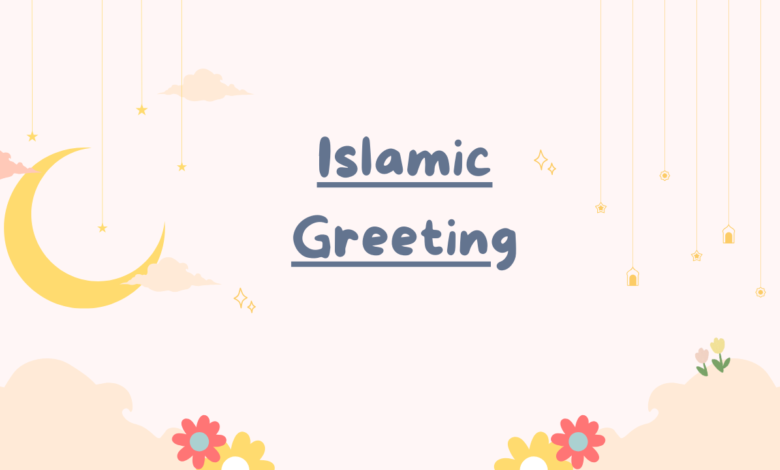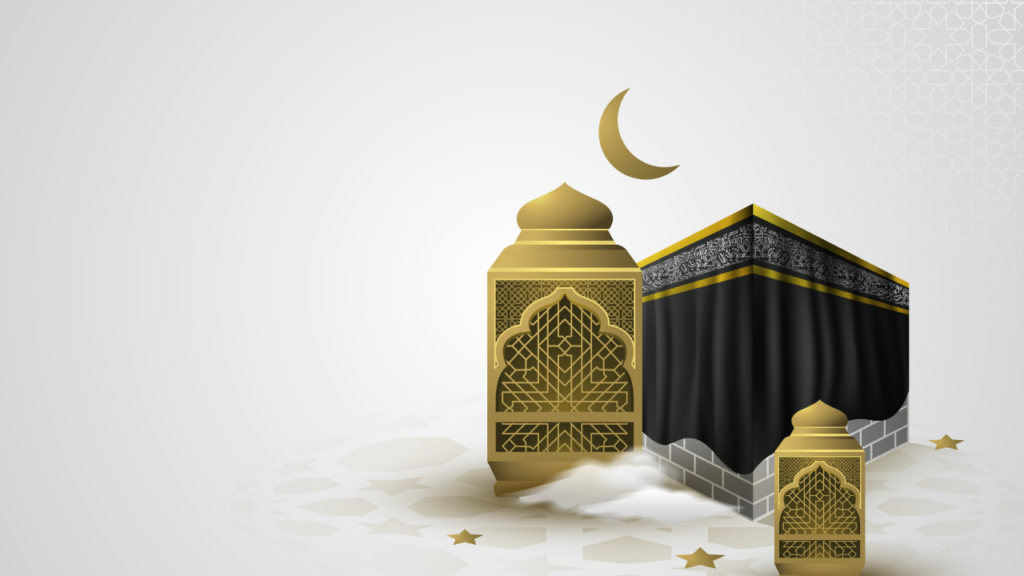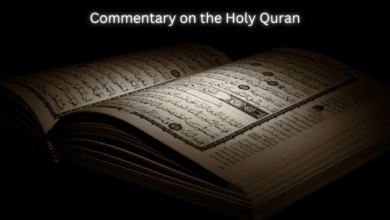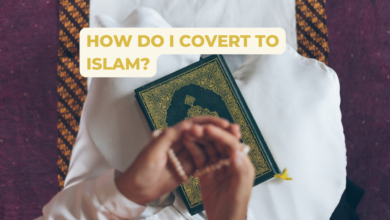Islamic Greeting
Embracing the Spiritual Significance and Universality of Islamic Greetings

Islamic Greeting
The greeting “Salaam-Alaikum” translates to “Peace be upon you” and carries a profound wish for peace and well-being. It symbolizes a commitment to peaceful coexistence, tolerance, and respect among Muslims.

Introduction
Greetings are an essential aspect of human communication, reflecting cultural norms, values, and religious beliefs. In the Islamic tradition, greetings hold a special place as they not only convey politeness but also carry profound spiritual significance. Islamic greetings are more than just words; they serve as a means to establish connections, express goodwill, and strengthen the bonds of brotherhood and sisterhood among Muslims. In this article, we will explore the various Islamic greetings and their importance in fostering unity and respect within the Muslim community.
The Universal Greeting: “As-Salaam-Alaikum”
The most well-known Islamic greeting is “As-Salaam-Alaikum,” often shortened to just “Salaam” or “Salaam-Alaikum.” This phrase translates to “Peace be upon you” in English and encapsulates a profound wish for peace and well-being. When Muslims greet one another with “Salaam-Alaikum,” they are not only expressing their desire for physical and emotional tranquility but also invoking the blessings of God upon the person they greet. The response to this greeting is “Wa-Alaikum-Salaam,” which means, “And peace be upon you too.”
This universal greeting is not restricted by borders, cultures, or languages. Muslims from different parts of the world use it to connect with each other, reinforcing the sense of belonging to a global Muslim community, known as the Ummah. It is a reminder of the shared values and beliefs that bind Muslims together, transcending geographical and cultural differences.
Also check.
- Why did Islam Spread So Quickly?
- Why Does Allah Test Us?
- What is Gambling in Islam?
- What is Interest in Islam?
- What is Hell in Islam?
The Deeper Meaning of “Salaam”
“Salaam” in Islamic tradition goes beyond a mere exchange of pleasantries. It signifies a commitment to peaceful coexistence, tolerance, and respect for one another. The Prophet Muhammad (peace be upon him) emphasized the importance of spreading peace and love among fellow human beings. He said, “You will not enter Paradise until you believe, and you will not believe until you love one another. Shall I not tell you about something which, if you do it, you will love one another? Spread salaam (the greeting of peace) among yourselves.” (Sahih Muslim)
This Hadith underscores the power of “Salaam” in building and nurturing relationships among Muslims and highlights the duty of each individual to foster an environment of love and peace within the community.
Other Islamic Greetings
While “Salaam-Alaikum” is the most common Islamic greeting, there are other greetings used in specific contexts or situations:
- “As-Salaam-Alaikum Wa Rahmatullahi Wa Barakatuhu”: This extended greeting adds prayers for God’s mercy and blessings, making it especially appropriate for more formal or spiritual occasions.
- “Alhamdulillah”: Translating to “Praise be to Allah,” this phrase is often used as a response to inquiries about one’s well-being. It is a way of expressing gratitude to God for His blessings.
- “Eid Mubarak”: This greeting is reserved for the festive occasions of Eid, which marks the end of Ramadan and other Islamic holidays. It means “Blessed Eid” and is used to wish joy and happiness to others during these special times.
Conclusion
Islamic greetings are more than just words; they are a reflection of a rich cultural and religious heritage that emphasizes peace, love, and unity among Muslims. “Salaam-Alaikum” serves as a powerful reminder of the shared values and spiritual connection within the Ummah, while other greetings like “Alhamdulillah” and “Eid Mubarak” express gratitude and happiness during specific occasions.
In a world often divided by differences, Islamic greetings provide a universal language of goodwill and peace, promoting understanding and harmony among people of different backgrounds. They are not just greetings but a testament to the core values of Islam, inviting individuals to embody these principles in their daily lives, fostering a sense of unity and brotherhood that transcends boundaries.

FAQs
What is the significance of the Islamic greeting “Salaam-Alaikum”?
The greeting “Salaam-Alaikum” translates to “Peace be upon you” and carries a profound wish for peace and well-being. It symbolizes a commitment to peaceful coexistence, tolerance, and respect among Muslims.
Why is “Salaam-Alaikum” considered a universal greeting among Muslims?
“Salaam-Alaikum” is universal because it transcends geographical and cultural boundaries. It is used by Muslims worldwide to connect with each other and emphasize their shared values and beliefs.
What is the response to the greeting “Salaam-Alaikum”?
The response to “Salaam-Alaikum” is “Wa-Alaikum-Salaam,” which means “And peace be upon you too.” It reciprocates the warm wishes and serves as a sign of goodwill.
Are there other Islamic greetings besides “Salaam-Alaikum”?
Yes, there are other Islamic greetings used in specific contexts. For example, “Alhamdulillah” expresses gratitude, and “Eid Mubarak” is used during festive occasions like Eid to wish blessings and joy.
What is the significance of extending the greeting to include “Wa Rahmatullahi Wa Barakatuhu”?
Extending the greeting to “As-Salaam-Alaikum Wa Rahmatullahi Wa Barakatuhu” adds prayers for God’s mercy and blessings, making it more appropriate for formal or spiritual occasions.
How do Islamic greetings promote unity and respect within the Muslim community?
Islamic greetings promote unity by emphasizing shared values and beliefs, fostering an environment of love and peace, and encouraging Muslims to treat one another with respect and kindness.
Can non-Muslims use Islamic greetings like “Salaam-Alaikum”?
Yes, non-Muslims are welcome to use Islamic greetings as a sign of respect and cultural understanding. Muslims generally appreciate when others use these greetings in a sincere and respectful manner.
Are there specific occasions when certain Islamic greetings are used?
Yes, “Eid Mubarak” is used during Islamic holidays like Eid, and “Alhamdulillah” is often used as a response to inquiries about one’s well-being. “Salaam-Alaikum” is suitable for most everyday interactions.
What is the role of Islamic greetings in building a sense of brotherhood and sisterhood among Muslims?
Islamic greetings, particularly “Salaam-Alaikum,” remind Muslims of their shared faith and the importance of treating each other with love and respect, fostering a strong sense of brotherhood and sisterhood within the Muslim community.
Are there variations of Islamic greetings in different languages and cultures?
Yes, Islamic greetings may have variations in pronunciation and wording in different languages and cultures, but the underlying message of peace and well-being remains consistent.




